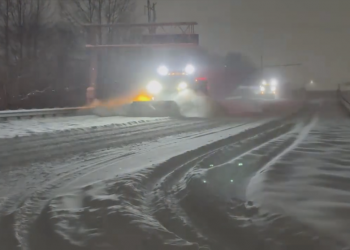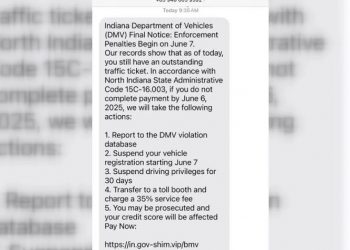Whiteland, Indiana – The decision to alter the majority of residents’ ban on keeping chickens in their backyards was postponed by Whiteland town officials on Tuesday night until June.
Shawn and Elizabeth Bulter went to the Town Council to ask them to change the law that forbade them from keeping chickens in their backyard. They said that an anonymous complaint regarding their hens had been made to the town. The couple claimed they would be fined $500 per chicken since the site of their coop did not comply. That hasn’t yet been decided, though.
“It shouldn’t have been a rule to begin with,” Shawn Butler said. “This Town Council doesn’t pay my property tax. They get money from me; therefore, I shouldn’t have to get permission to do what I want to do on my property.”
To give itself more time to think over the matter, the council tabled the vote.
Carmen Young, the Whiteland community development director, said, “The council, three out of the five, decided this is something they can consider so kind of went through the process and determined it needed to be an amendment to our ordinance.”
The Whiteland Plan Commission had previously provided feedback on amending the ordinance and had made an unfavorable suggestion.
“We’re not against the chicken ordinance per se. We just thought it ought to been done in the opposite way,” said Gary Howard, president of the Whiteland Plan Commission. “Instead of having the situation where you have someone that’s in noncompliance and we’re making the ordinance real quick to soothe that person over, we should have done it the other way.”
Shawn Butler mentioned the advantages of keeping chickens; he wants to be independent.
“I have a section that’s 50 feet by 50 feet for all my chickens so they have more than enough room to roam, and I say I want to be able to provide for myself and I want to be able to not rely on a grocery store,” Shawn Butler said.
Backyard hens are opposed due to concerns about disease, odor, noise, and wastewater runoff.
Hens are peaceful, according to the Butlers, and they utilize their droppings as organic fertilizer. They point out that artificial fertilizers and wild geese both cause runoff.




















































































